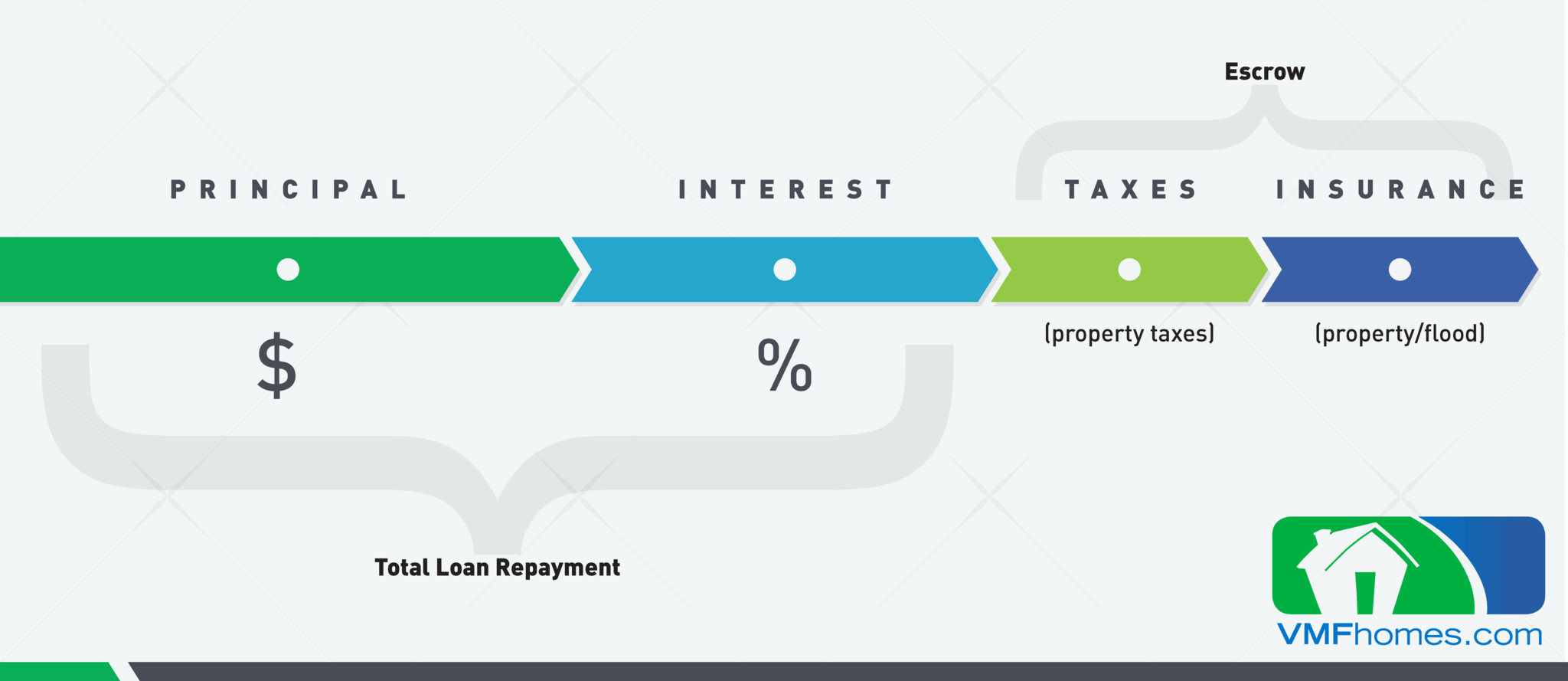

Credit is complicated. There are no two ways about it. The best approach to dealing with credit is to educate yourself. This takes time and sometimes it means making mistakes, but don't let the past dictate your future, push forward. If you've had a hard time with telling the difference between fact and fiction when it comes to credit -- this is for you.
“The number of credit cards a person has boosts their credit” Your credit score does not factor in how many credit cards you have, but it does factor in credit card balances, credit history, late payments and the amount of credit card balances in relation to total available credit. Having more credit cards provides an equal opportunity to pay on time and to miss payments. Again, it all goes back to responsible and timely spending. It’s the quality of your spending, not the quantity (it's the amount being charged, not the number of credit cards).
“The higher the income, the better the credit” How much income a person makes does not correlate to how they spend it. Your credit report shows if you pay your bills on time and the frequency in which you do so. While making more money may help you meet your payments, a credit score is dependent on how you practice financial responsibility.
“Paying bills late will always lower your score” Don’t make paying bills late a habit. Most credit card lenders provide a grace period after the due date to make a payment. However, when paid after the grace period late payments are generally reported to the credit bureaus and can lower your score.
“Bad credit is forever” Bad credit does last, but not forever. It usually ages off credit reports after 7 years, but that time can be extended if you have been through bankruptcy. That’s a good amount of time, but you can pay off debt.